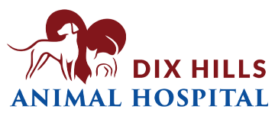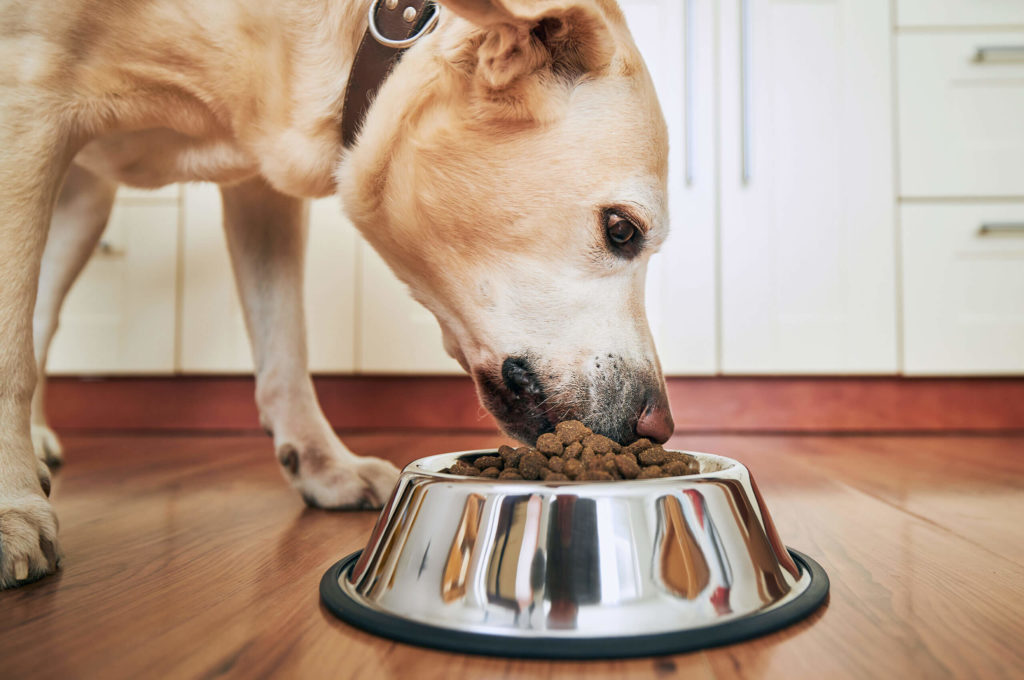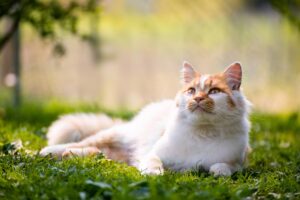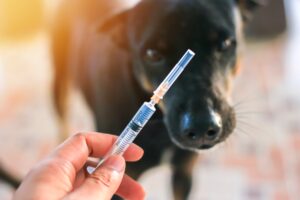You’ve probably heard about grain free diets. Maybe you’ve wondered if you should switch. Before you switch you need to consider why you are making the switch.
Find out more by reading our Huntington, NY, animal hospital‘s article below.
Dogs and Grain Free Food
Dogs need a well-balanced diet, which includes grains. In many cases the removal of grains from a dog food can lead to insufficient taurine. Taurine is an amino acid that is necessary in a dog’s diet.
Not all dogs who go on grain free diets will develop a taurine insufficiency. It is more common in larger breeds than in smaller breeds. This may be because larger breeds eat more food in a day and therefore the low levels of taurine become obvious quicker.
While there is no direct connection in dogs between a taurine deficiency and heart problems, dogs with a taurine deficiency do tend to have higher rates of DCM (cilated cardiomyopathy).
In recent years there has been a strong sign of a connection between grain free diets, boutique diets, exotic ingredient diets, and low protein diets and heart problems.
What is a Grain Free Diet?
A grain free diet is where a dog food manufacturer has removed the grains and replaced them with vegetables or other starches. Common grains in dog foods include rice and corn. They are often replaced with potatoes or legumes.
What is a Boutique Diet?
A boutique diet is one that is sold by a small company. These companies often do not have the facilities to test for nutritional values.
What is an Exotic Ingredient Diet?
Exotic ingredient diets are dog foods with unusual protein sources. The normal sources are chicken, beef, and turkey. These get replaced with duck, elk, bison, kangaroo, and more.
What is a Low Protein Diet?
A low protein diet is a dog food low in protein and high in other ingredients.
What Scientists Have Noticed
Taurine comes from proteins and grains. Low protein diets are not recommended for dogs, especially large dogs.
As far as exotic ingredient diets go, there is only a very small connection. This connection may be as simple as the other ingredients or perhaps the level of protein in the diet.
Boutique diets also have a very small connection. In general, if you want to feed your pet from a small business, feel free. Make sure you are buying a dog food with a good mix of proteins, grains, and veggies.
Grain free diets are a whole other thing. When looking at the large numbers of dogs with DCM in recent years, 90% of the dogs in the studies were on grain-free diets. 93% of those dogs had lentils or peas in their food. Only the remaining 7% had potatoes.
Testing of the food determined they had the same number of proteins, taurine, fat, and taurine pre-cursors. Because of this, scientists and vets are still not sure what is causing heart problems in dogs that eat grain free diets. However, given the large numbers of dogs eating grain free diets with lentils or peas that are developing heart problems, avoiding these grain free diets may be best.
Cats and Grain Free Food
There is even less information about cats and grain free diets. However, it is well documented that cats need high protein diets and diets with a good amount of taurine. Taurine deficiency has been linked to heart problems in cats.
Many owners think that grain free diets are better for their cats because it is more natural. However, it is important to look at the ingredients in a grain free food. As crazy as it might sound, some cat foods labeled “grain free” actually have grains in them. They are just lesser-known grains.
Another consideration is that the replacements for grains in grain free foods are often no more natural for cats to eat than the grains. Cats in the wild don’t eat peas, legumes, carrots, or potatoes.
In addition, grains are helpful because they provide fiber. Fiber is a healthy nutritional need for most animals as it helps with digestion. Grain free foods often have less fiber and can lead to digestive issues in cats.
While grain free foods have not been linked with an insufficiency of taurine in cat foods, due in part to the fact that cat foods are high in protein, many do have peas and legumes as a replacement for grains. We can make a correlation between the numbers mentioned in the dog section of this article and assume that grain free cat food with peas and legumes may be more harmful than helpful.
Another interesting fact is that grain free foods are not necessarily lower in carbohydrates. Some owners chose grain free because they are looking for a high protein, low carb diet for their cats. It is important to check ingredients because grain free doesn’t mean carb free or low carb. Often the companies have simply swapped out vegetables like peas, potatoes, legumes, and carrots.
Some owners choose grain free cat food because they believe their cat is allergic to one or more grains. While this is possible, it is more likely that a cat is reacting to a protein in the food and not the grains.
The Bottom Line
Grain free foods are not beneficial to most cats. While there is no direct evidence of heart problems being connected to a grain-free diet in cats, do we really want to risk it when there is a connection for dogs?
Unless your vet recommends a grain free diet for a specific reason, such as an allergy to a grain, it is probably best to avoid grain free foods. Especially if they use peas or legumes as replacements for grains.
Whether you have cats or dogs, there is no science proving that grain free foods are better. In fact, with dogs there is some correlation between heart problems and grain free foods. For the health of our best friends, don’t switch to a grain free diet without first, consulting your vet, and second, making sure the food chosen is of high quality.
If you have more questions about grain-free dog and cat foods, please let our Huntington, NY, veterinarians know during your pet’s next visit with us.
To schedule your pet’s next vet visit, give our animal hospital a call at (631) 271-8383.
